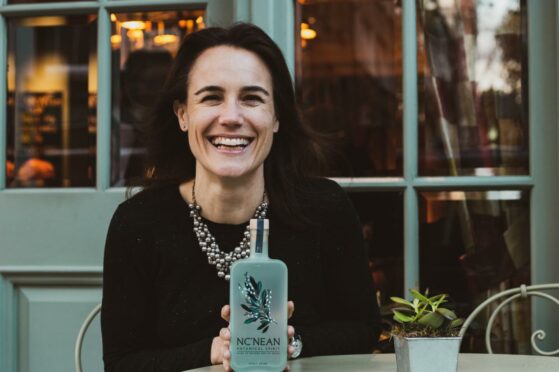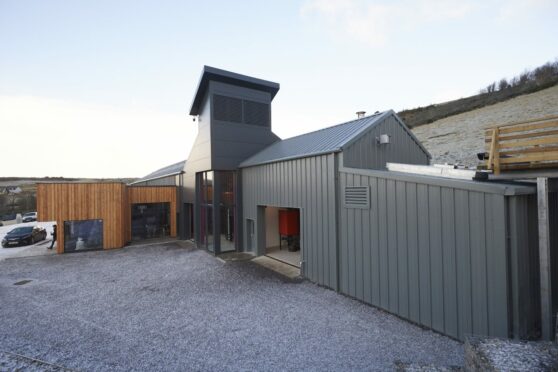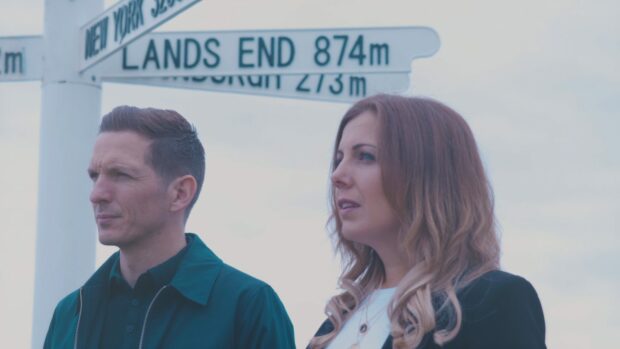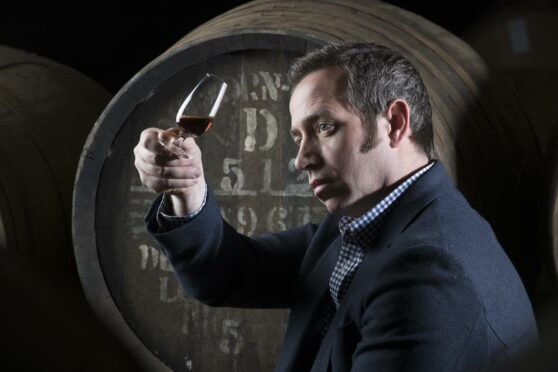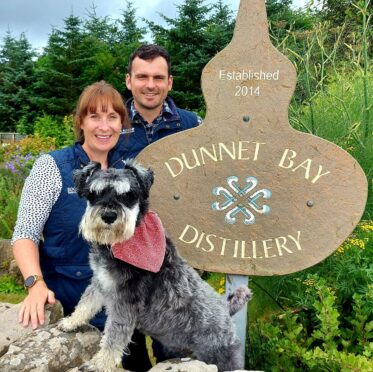We ask experts from the whisky and gin industries to share their pointers with budding entrepreneurs who want to open their own distilleries.
Annabel Thomas, founder of Nc’Nean
Be very, very clear in your own mind why you are doing this – this needs to be a real mission and it needs to be important enough to you to sustain you through the hard times.
Find someone with deep pockets – it will always cost more and take longer than you can imagine.
Have fun – build a team around you who also want to have fun and enjoy the ride…
Matthew Pauley, assistant professor in distilling at Heriot Watt University and founder of consultancy firm Distiller’s Nose
Run the numbers: even if it is just a relatively simple excel spreadsheet. The quality of the research you do at the start will be as good as money in the bank in the future.
Find someone who is doing what you want to do, ask questions, and make sure you listen hard: the distilling industry is a small village and there has always been a free and open exchange of advice.
Join the gang: join an established organisation within the industry, which offers mentorship, including the Institute of Brewing and Distilling, The Worshipful Company of Distillers and its affiliate The Gin Guild, not to mention the slightly less prestigious numerous different Facebook groups for distillers.
Josh Fraser, office manager at GlenWyvis distillery
Try and have a 10-year plan: if you are going into whisky, it’s long term and it takes time.
Think about your space: whether it’s a new build or a conversion, try and visualise where everything is going to go before it goes there. Draw it out on paper, lay things on the floor, measure your space.
Think about future expansion. Having just that little bit of additional space can make all the difference.
Know your regs: there is no denying in spirit production there are plenty of regulations and notices. If you can do it right from the start you will be set on a good footing.
Kirsty Black, master distiller at Arbikie Distillery
Have a product or idea you are passionate about: it’s a crowded market so, you have to believe in what you are doing and understand why it is different or better.
Investigate and confirm the potential market for your proposed spirits.
Starting a distillery involves lots of different areas of expertise. Don’t be afraid to admit when you don’t know something.
Seek help from others – there are lots of support agencies and associations out there.
Kerry Campbell, co-founder of 8 Doors Distillery
Don’t be afraid of fulfilling your dream: starting a distillery is a lot of hard work but, when it’s your dream and your passion, it’s all worthwhile.
Be clear about your story and what sets you apart from the competition and invest in branding and design work to bring that story to life.
Flexibility is essential: the past 18 months have demonstrated how quickly the world can change and we had to adapt our approach to the distillery build and business as a result.
In an industry that is ever-changing, flexibility ensures you can move with customer needs.
Adam Hardie, head of food and drink at accountancy firm Johnston Carmichael and chair of the Scottish Gin Awards 2021
Focus on your funding, distribution, and branding.
Firstly, gin and Scotch whisky are increasingly competitive markets, and you will struggle to make the company a success without adequate funding.
Having a good network around you will help to make the right connections.
Secondly, you need to be very clear about who you are going to sell your product to – like the American business model, find the customer first before you develop the product, ecommerce is a good way to start.
And thirdly, the company must have a real focus on branding, invest as much as you can to carve out your niche in the market.
Stuart Urquhart, operations director at Gordon and MacPhail
Over the past four years, we have built a small gin distillery, Red Door, at Benromach in Forres and are close to completing The Cairn distillery outside Grantown.
These projects are vastly different in scale but share a key component – a clear vision of what we are trying to achieve.
Spending the appropriate time to evaluate options, planning the build, and commissioning, but also keeping a focus on what products are going to be made is key.
With The Cairn, we have focused on how we can welcome visitors to the distillery to begin the journey of brand awareness, given it will be years before the whisky is available.
Martin Murray, co-founder of Rock Rose gin and vodka maker Dunnet Bay Distillery
It’s incredibly important to be a local attraction and have high passing trade.
We’ve benefitted from being on a tourist trail and it means we have strong tour numbers and strong sales from our wee shop.
Have a strong website and offer sales to customers from further away. This allows us to have repeat business from tourists visiting us, but also allows us to reach new customers.
Be prepared to play the long game. Entering the market now is very tough, but there are opportunities for unique products and those with provenance.
It’s a lot more difficult to be an overnight success.

